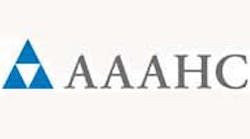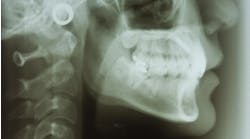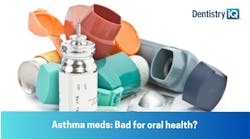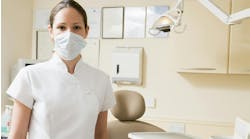One thing that tends to be overlooked in group practices is the credentialing of practitioners. While all practitioners must be graduates of licensed dental schools, be licensed by the states they are practicing in, and maintain a minimum number of continuing education credits, there are other parameters that go beyond these minimum standards, such as proficiency of performing procedures, special training in specific procedures, and a thorough peer-review plan. Through AAAHC accreditation, a peer-review system was developed that routinely measures the efficiency and effectiveness with which my practitioners are treating patients. Through this process, challenges are identified and protocols are set in place to help practitioners develop routine habits that turn weaknesses into strengths. This AAAHC peer-review tool is used by my partners to approve or deny requests for all procedures that a licensed dentist might perform in my office.
Undergoing the process of accreditation has also been a tremendous help in ensuring that my staff prioritizes the completion and accuracy of chart documentation. Details — such as reviewing and signing medical histories, identifying and clearly labeling allergies and other medical issues that could impact treatment, as well as disease and variations of normal in both soft and hard tissue — are now routinely recorded.
With regard to emergencies and other disruptive events, I now perform quarterly drills to maintain the proficiency of my staff should an event occur. These drills train my team to handle fires, power outages, emergency medical situations, and dangerous encounters with violent patients or intruders.
As an accredited member of AAAHC, I am required to perform quality improvement studies, which help improve office management, staff protocols, and patient care. Two recent studies have been helpful in reducing costs of retreatment and overhead.
In the first initiative, I was able to review charts with my practitioners and identify causes for cases requiring retreatment by incorporating computer codes for identifying retreated procedures. After presenting this to the doctors and hygienists, we were able to determine common causes for treatment failure and make appropriate adjustments, thus improving the success rate of the procedures and leading to reduced chair time and supply costs.
A second study involved a review of costs of dental materials. By grouping items by material, cost, and vendor, I have been able to compare supply costs on a routine basis, allowing me to get the best price for preferred materials.
Being accredited by AAAHC has made my practice safer, more organized, and more efficient — all of which contribute to a high rate of patient satisfaction. All in all, accreditation has honed my practice and allowed it to be a leader in the dental health-care industry.








